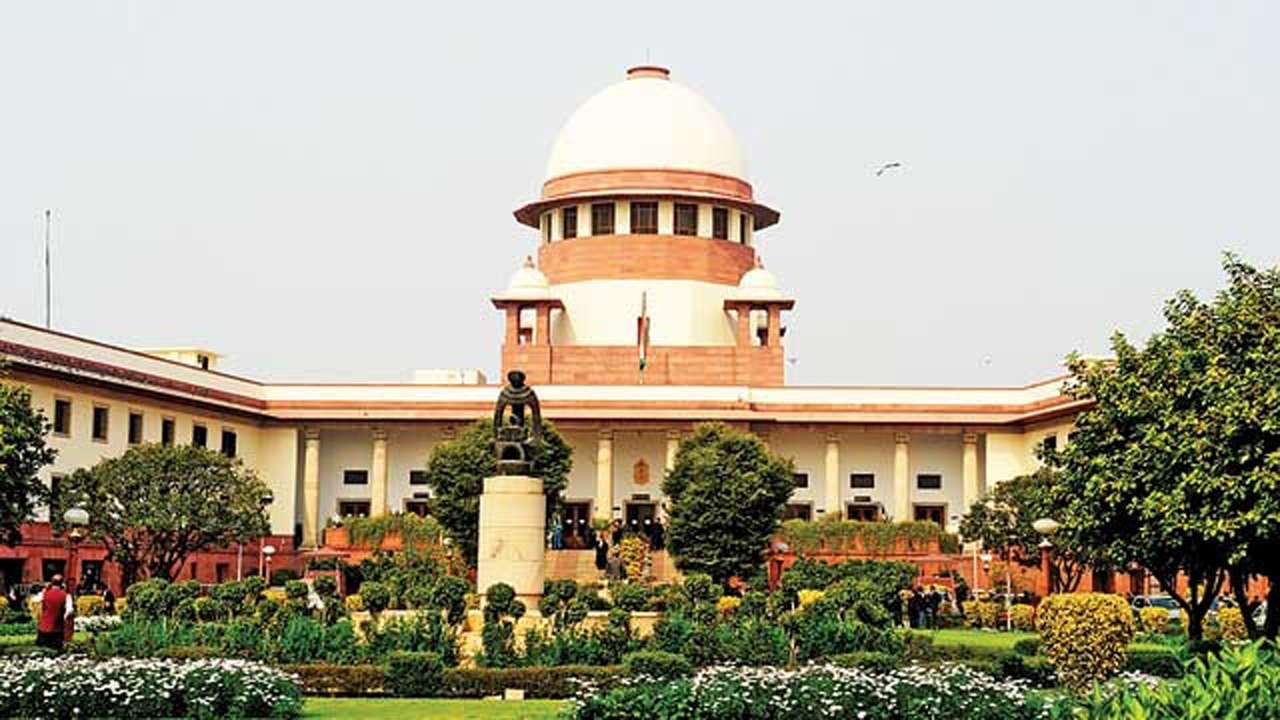
The Supreme Court needs to be commended for recalling its direction in a March 20, 2018, verdict, which had virtually diluted provisions of arrest under the SC/ST Act.
The review was prompted by a plea from the central government. The court correctly observed that even though the Constitution provides for the protection of SC/ST people under Article 15, they still face widespread social abuse and discrimination.
Since crimes against SCs and STs are fundamentally hate crimes, the then Congress government had enacted the Act in 1989 in furtherance of the provisions for abolition of untouchability (Article 17) and equality (Articles 14, 15) under the Constitution.
Keeping in view the special nature of crimes against Dalits under Section 18 of the Act, Parliament had laid down that the provision of anticipatory bail under Section 438 of the Criminal Procedure Code (CPC) of 1973 will not be available to an accused.
In the 2018 judgment that was diluted this week, the Supreme Court laid down safeguards, including provisions for anticipatory bail and a “preliminary enquiry” before registering a case under the Act. On Tuesday, the Bench said Section 18 was enacted to instil a sense of deterrence.
In 2018, the apex court had observed that “liberty of one cannot be sacrificed to protect another”, and added that the “Atrocities Act cannot be converted into a charter for exploitation or oppression by unscrupulous persons or by police for extraneous reasons”.
The court had then ordered that neither is an FIR to be immediately registered nor arrests to be made without a preliminary inquiry by an SSP. An arrest can only be made if there is “credible” information and the police officer has “reason to believe” that an offence was committed.
In the review judgment, the court has held that public servants already have a remedy in false cases under CrPC Section 482 and can get such FIRs quashed by high courts. It rejected the need for an SSP’s approval for arrest.
In 2018, the SC had said that even if a preliminary inquiry is held and a case registered, arrest is not necessary, and that no public servant is to be held without the written permission of the appointing authority. The court extended the benefit to other citizens and said they cannot be arrested without the written permission of the SSP of the district.
On Tuesday, the apex court said that the decision on arrest is to be taken by the investigating authority, not the appointing authority. The court’s conclusions are based on a sound footing. Data from the National Crime Record Bureau, which the 2018 SC judgment was based on, revealed that cases of rape of SC women had doubled in 10 years.
A crime is committed against a Dalit every 15 minutes and six Scheduled Caste women are raped every day, on an average. Between 2007 and 2017, there was a 66% growth in crimes against oppressed communities. The review shows the apex court is open to ‘overrule’ its own verdict for public good.